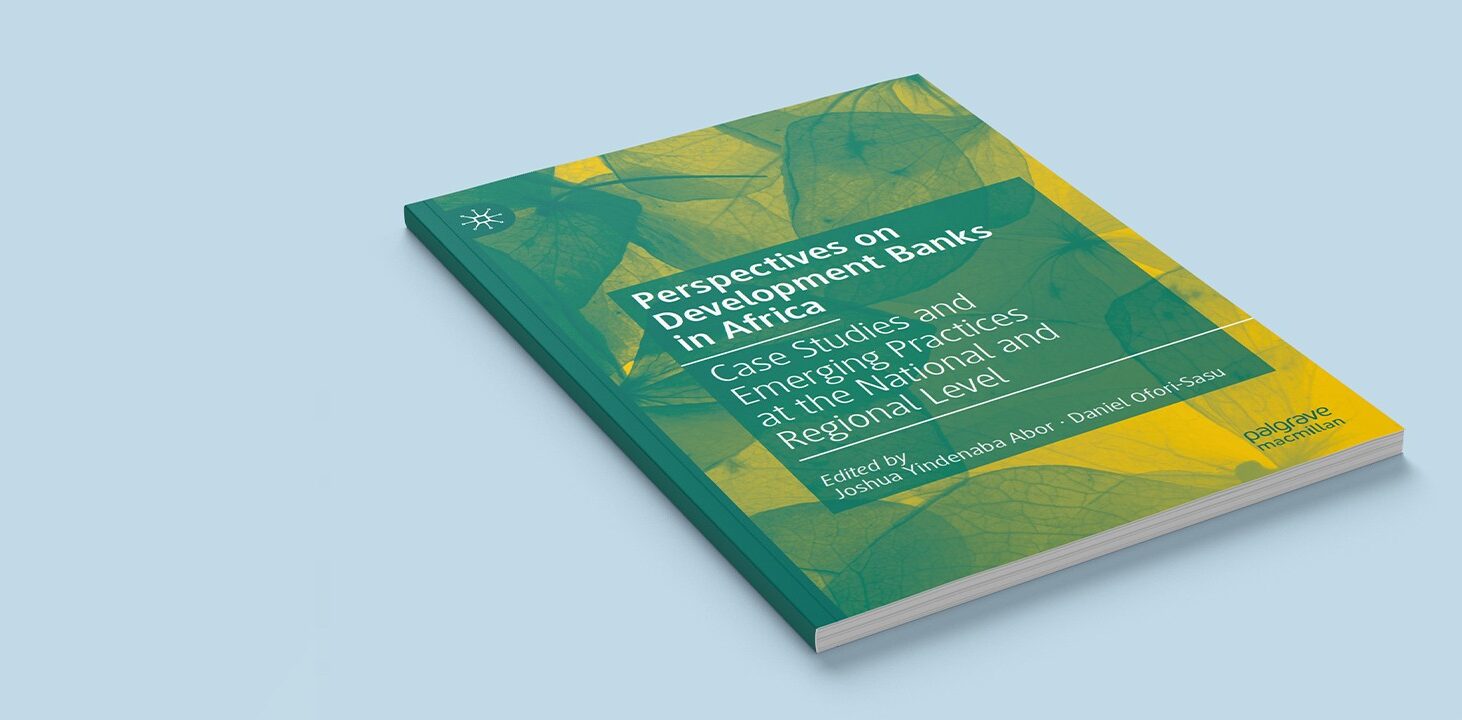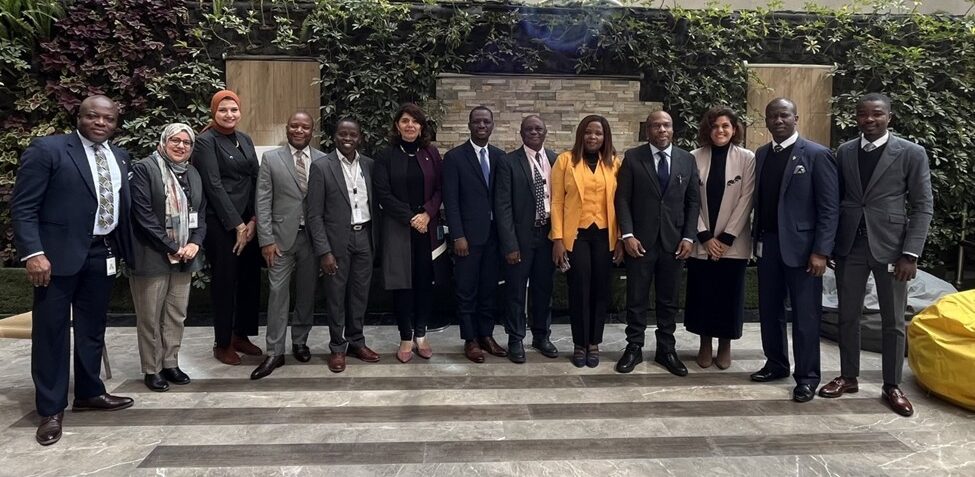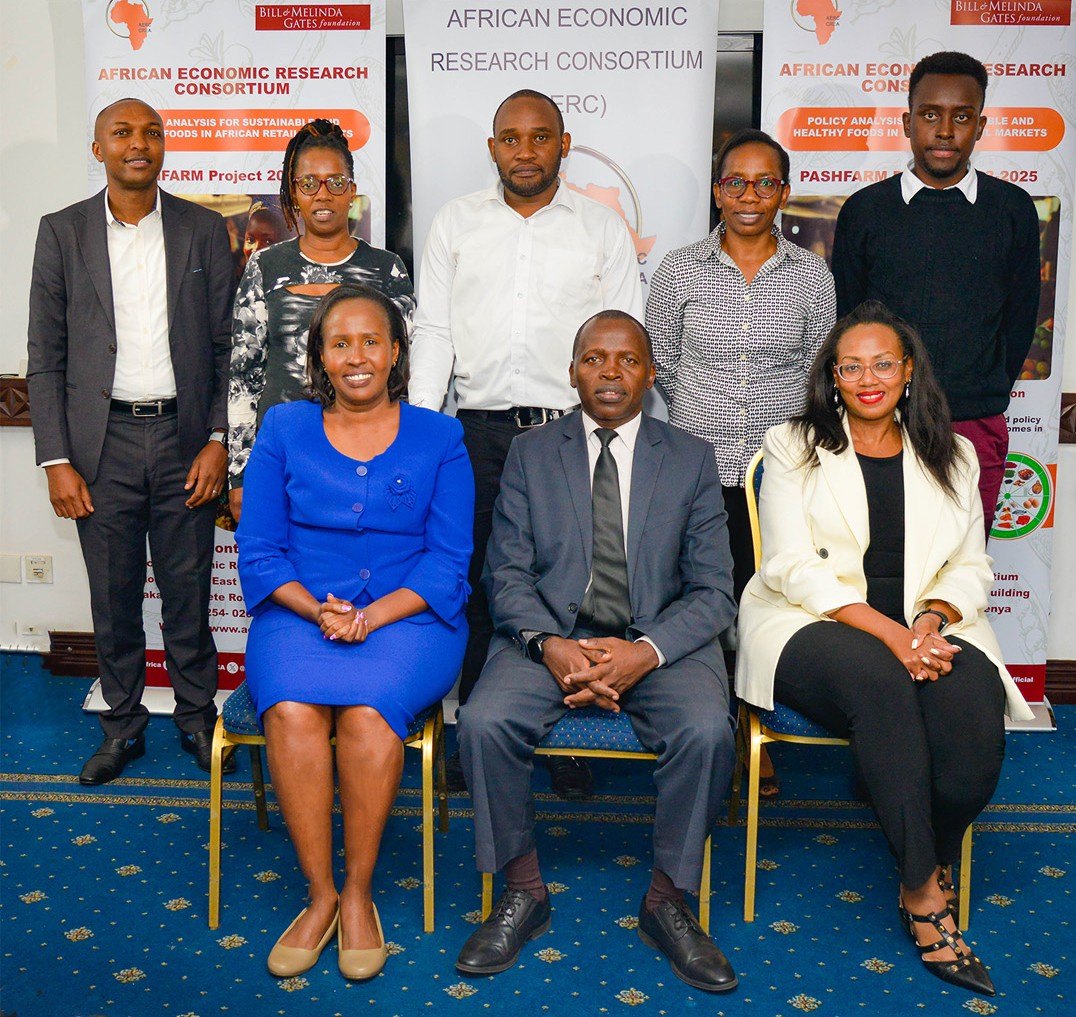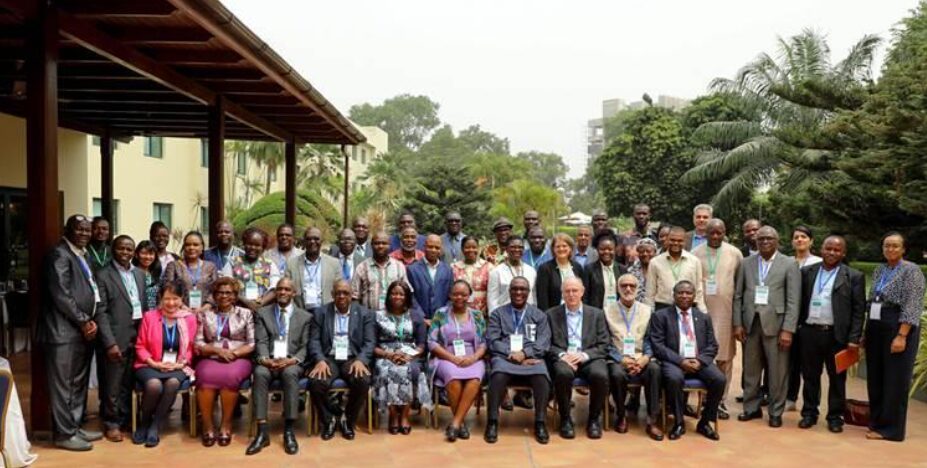

Prof. Victor Murinde contributes a chapter in an edited book volume
July 4, 2024Prof. Victor Murinde, AERC Executive Director has contributed a chapter in an edited book titled “Perspectives on Development Banks in Africa”. Chapter 7 of the book on “Kenya Development Corporation as an Instrument of Economic Growth” is authored by Victor Murinde and Peter W. Muriu. This chapter points out that the mobilization of long-term capital is one of the major obstacles to economic development for emerging economies. It further notes that long-term investment is a precursor to economic transformation, which is vital for the expansion of productive capacities and for infrastructure development.
Development Finance Institutions (DFIs) fill the void left by retail commercial banks, which view long-term projects as risky (Lemma, 2018). DFIs finance medium- and large-scale projects in prioritized sectors with lengthy maturities which require long-term funding. They provide lending and equity participation, that entails close monitoring of projects, which is important for relationship banking. (Luna-Martinez & Vicente, 2012; Savoy et al., 2016).
The authors note that although there is a growing literature on the role of development banks in accelerating economic growth, the literature on DFIs performance, corporate governance, regulation and policy options in Africa remains scant. DFIs have been in existence in Kenya since the 1960s. That notwithstanding, there still exists a development financing gap. This chapter uncovers the evolution and role of DFIs in the development discourse paying special attention to Kenya Development Corporation. The chapter illuminates the profile, potential contribution to development outcomes, challenges encountered as well as policy options.
They argue that Kenya is not necessarily a representative of DFIs activities in Africa, but an interesting laboratory for investigation for the following reasons: even though East and Central Africa economies are at different stages of financial, institutional and economic development, Kenya is the main financial hub with the highest concentration of DFIs. Second, the financial sector is largely bank oriented. Policies that promote DFIs may, therefore, have implications on overall financial stability.
This study is, therefore, timely with regard to how access to a firm’s long-term finance may affect economic growth, employment and other development outcomes, especially among small and medium enterprises (SMEs). Findings from this case study may also ignite policies relevant to the development of appropriate institutional framework that can enhance DFIs investments. The book was published by Palgrave Macmillan and it is edited by Joshua Abor and Daniel Ofori-Sasu.






